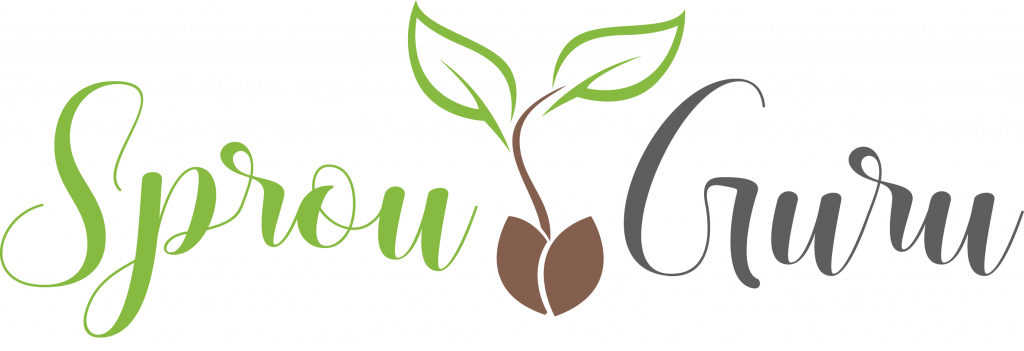Have you ever found yourself looking at packaging while buying seeds and wondering what Heirloom, Organic, Hybrid, or GMO meant? Well, if the answer is Yes, you’re not alone! Misconceptions and misinformation on all these terms run wild, and in this article on seed types, I hope to clear it up for you.
Consider this your guide to set the record straight. You’ll be able to answer, “What’s the difference between an Heirloom and a Hybrid” after reading this article. However, in the end, it’ll be up to every gardener to decide which seed types are best for them.
Cultivar
A cultivar is nothing more than a cultivated variety of a specific genus and species. Cultivated plants keep one or more visible features when they reproduce. For example, Daucus Carota is the Genus and Species for the Carrot, and a Cultivar is Kaleidoscope. Five different colours of fruit would make it a Cultivar.
Genetically Engineered (GE)
GE and GMO should not be used interchangeably in the media, but often are, unfortunately. Genetic Engineering is the high-tech method of adding genes directly into a plant in this case. Currently, this is the only method to share genes between sexually incompatible organisms. You can find these in a commercial setting, but it’s unlikely you’ll find them in a garden store.
Genetically Modified Organism (GMO)
GMOs are any form of genetic modification by using high-tech methods or long-term plant breeding methods. Plants can obtain specific traits by selective breeding over long periods. We breed to get a variety with features like uniformity or disease resistance. A 20th-century example of a GMO is a watermelon with no seeds in it.
Open Pollinated (OP)
Open Pollinated varieties are the results of fertilization using the wind, self-pollination, or even insects. Over time seeds obtain specific traits from the parent plant and become a new variety. Another term for this is cross-pollination like you might see between Squash and Pumpkins. You can save these seeds and gamble next year, but it’s not a good idea.
Hybrid (F-1)
A first-generation hybrid occurs when you cross-pollinate two similar pure lines to obtain a familiar trait from both parents. Disease resistance, colour, nutrition, or uniformity would be reasons to create a Hybrid. Hybrid seeds are often more money than traditional, due to the extra work to keep the pure lines. Saving seeds from Hybrids will not be True and may not retain their parents’ traits. An example of an F-1 Hybrid would be Better Boy Tomatoes. They tend to be the same colour, look and similar size.
Heirloom
Open Pollination and natural selection will result in an Heirloom variety. The typical marker to become an Heirloom is 50 years, but many disagree and state that the species must be from before the 1960s. Heirlooms are always True, meaning they pass on their parents’ traits. Brandywine Tomatoes are an example of an Heirloom.
Organic
Certified Organic seeds follow the strict rules set out by our countries organic system. Our system says no synthetic substances, managed by an organic system plan, and must be checked by a certifier. Organic farmers cannot use herbicides, pesticides, or conventional fertilizer on the plants.
Pelleted
Pelleted seeds are usually enclosed in clay or another medium to make them larger, making tiny seeds like carrots, lettuce, and onions easier to sow. These seeds are also typically primed to the brink of sprouting before they are dried. When awoken from their dormant state, they will germinate quickly but use them all in the same season as the priming shortens storage life.
Treated/Untreated
Seeds that are labelled Treated are coated with a fungicide, but check your package for specifics. Peas are an example of Treated seeds due to planting conditions. It’s also important to note that there is no such thing as an Organic Treated Seed as it does not conform to certified organic rules.
Hopefully, this short guide on each of the topics offered you some clarity on seed types for your next trip to do some seed buying. You may even get a chance to help a novice learn something new! Remember, stores limit seed supply, so get yours before time runs out. Happy Gardening and Happy Seeding!
Click Here to Return to the Main Page
